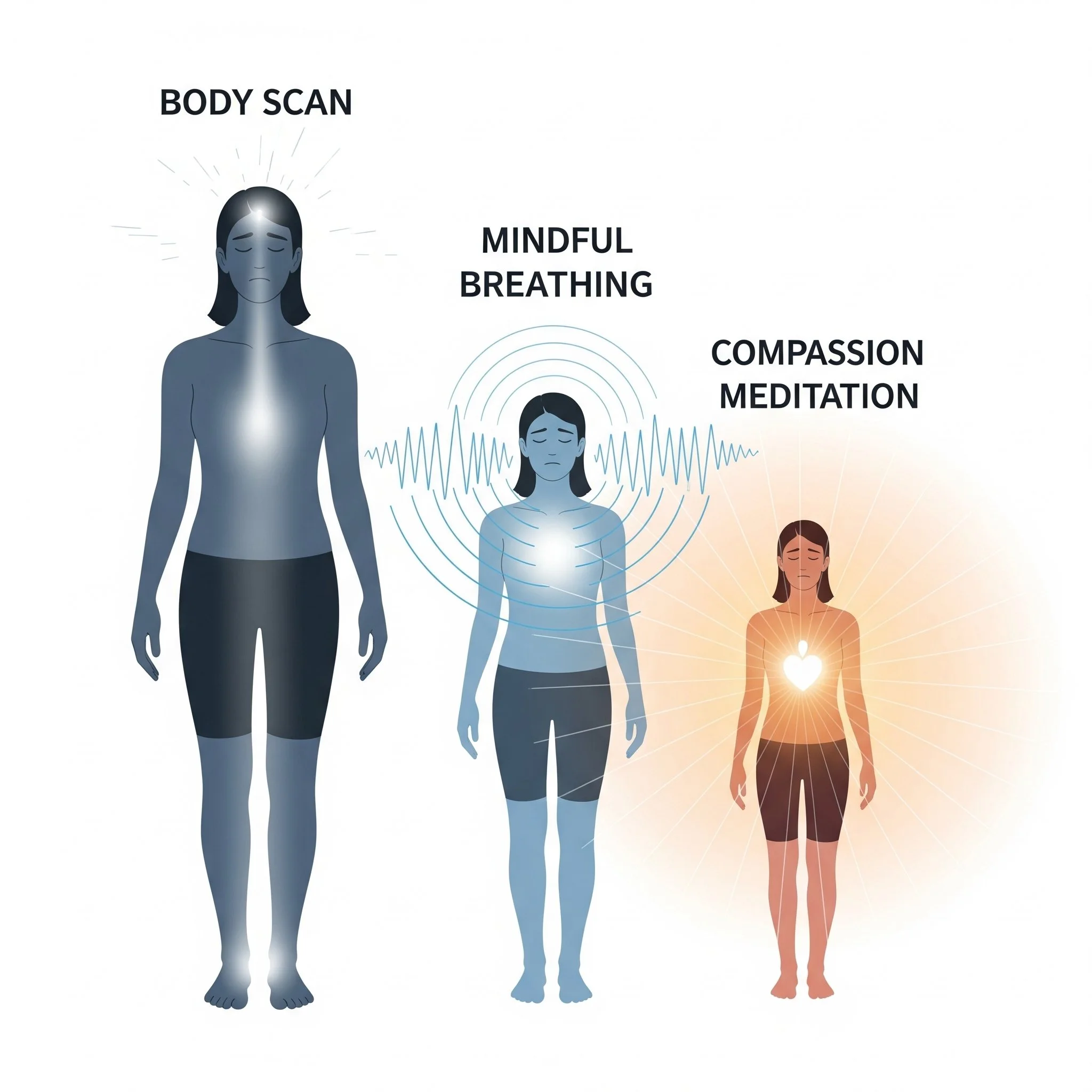Experiencing the Feeling of Tired
When you feel annoyed by something, emotionally exhausted, or you don’t feel like doing anything.
Do I feel like I need to rest, even after a good night’s sleep?
Am I emotionally depleted, even if I’m physically okay?
Do I feel like everything takes extra effort, even things I usually enjoy?
Am I tired of having to explain why I’m tired?
Feeling tired, especially on an emotional level, is often overlooked because it doesn’t always come with visible symptoms. It’s not as simple as yawning or needing a nap, it’s the sense that even when the world is quiet, your inner self remains noisy, strained, or heavy. One of the most confusing aspects is how it can persist even after rest. That’s when you realize it isn’t about sleep, it’s about soul-weariness, the kind that comes from overextending yourself emotionally or holding too much for too long.
Many of us carry the idea that rest must be earned, and that tiredness is something to overcome, not honor. But emotional fatigue has its own logic. It tells us we’ve been "on" for too long, or giving more than we’ve received. When tired becomes the baseline instead of the exception, it’s often time to reevaluate the pace, the pressure, or the people we’re trying to keep up with. It’s a call not to push harder, but to soften, slow down, and allow space for real replenishment.
I know that emotional tiredness, for me, often arrives subtly. It doesn’t demand rest outright, it whispers through disinterest in things I love or a growing resistance to connection. I can go through the motions and still feel like I’m running on fumes. What’s helped is learning to notice the signs earlier, and more importantly, to let them matter. Giving myself permission to say, “I need time” without justification has been a quiet revolution.
There’s also a kind of tiredness that comes from constantly explaining your tiredness to others trying to convince them that no, you’re not lazy, and yes, you are really that depleted. That’s why support from others doesn’t have to be dramatic. It can be as simple as someone saying, “I see you. You can rest. It’s okay.” In a culture that prizes doing, rest is resistance—and reclaiming your energy is one of the most powerful emotional acts you can make.
Mindful Mindset
In mindfulness practice, tiredness is not something to “push through,” but a signal to be gently observed. A mindful mindset encourages awareness of your body and emotions, acknowledging tiredness without judgment. Instead of labeling it as “bad” or “weak,” you learn to view tiredness as information—your body and emotions communicating their needs.
"
Mindful Practices
Simple practices like body scans, mindful breathing, and compassion meditations can help ground you when you're emotionally fatigued. For emotional tiredness, it can also be helpful to name what you're feeling without needing to fix it immediately—just noticing, "I'm tired and that’s okay.
By Princess Nicole Salas,
Princess Nicole Salas is a FeelWise Assistant with a passion for emotional intelligence, empathy, always exploring what it means to understand people more deeply. She loves watching movies and reading books. She believes even the quietest role can create meaningful impact and routed and care and intention.
You can listen to and follow Feelings Matter on:


